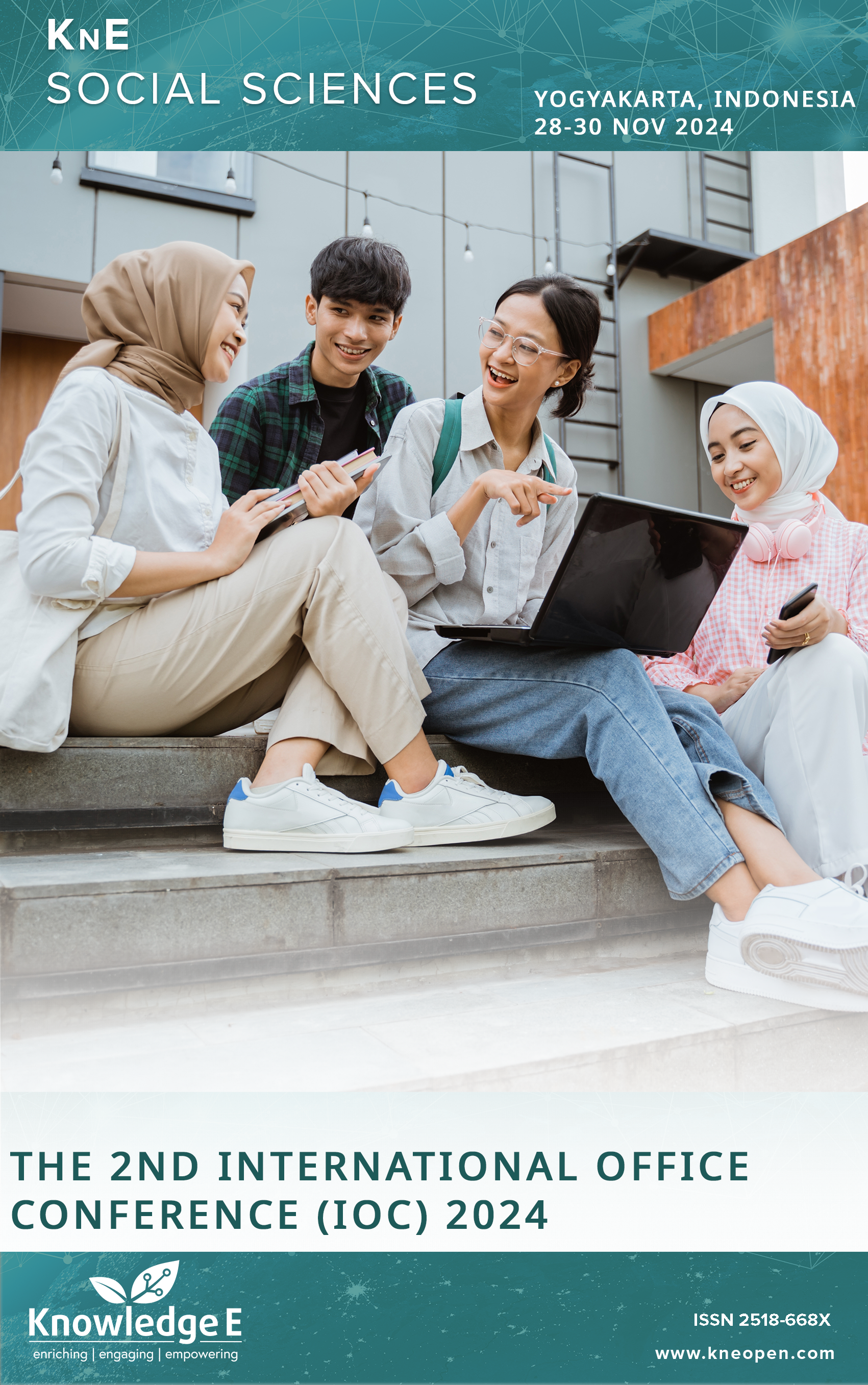Understanding the Psychological Well-being of International Students at a Private University in Surabaya, Indonesia
DOI:
https://doi.org/10.18502/kss.v10i24.19821Keywords:
physiological well-being, international students, mental health, academicAbstract
Amidst the backdrop of globalization, there has been a marked increase in international student enrollment across global higher education institutions. This study examines the psychological well-being of international students at a private university in Surabaya, Indonesia, focusing on the unique challenges and support systems available during their educational journey. The study used a mixed-methods approach, combining quantitative assessment of well-being through standardized scales and qualitative interviews to capture personal narratives. The study sample consisted of 15 international students from various countries, providing diverse perspectives on the acculturation process and its impact on mental health. The results showed that factors such as cultural adjustment, language barriers, social support from peers, and the availability of university-led mental health services significantly influenced the overall well-being of these students. The study findings showed that while most students experienced initial stress and anxiety, those who engaged with available support showed marked improvements in their psychological well-being over time. This study underscores the importance of targeted support services for international students to enhance their academic and social experiences.
References
[1] Chai PP, Krageloh CU, Shepherd D. Acculturation and well-being of international university students: the role of resilience, social support, and acculturative stress. Int J Intercult Relat. 2020;74:136–48.
[2] Forbes-Mewett H, Sawyer AM. International students and mental health. J Int Stud. 2016;6(3):661–77.
[3] Glass CR, Gómez E, Urzua A. Recreation, intercultural friendship, and international students’ adaptation to college by region of origin. Int J Intercult Relat. 2014;42:104– 17.
[4] Russell J, Rosenthal D, Thomson G. The international student experience: three styles of adaptation. High Educ. 2010;60(2):235–49.
[5] Ryff CD, Keyes CL. The structure of psychological well-being revisited. J Pers Soc Psychol. 1995 Oct;69(4):719–27.
[6] Smith RA, Khawaja NG. A review of the acculturation experiences of international students. Int J Intercult Relat. 2011;35(6):699–713.
[7] OECD. Education at a Glance 2022: OECD Indicators. Paris: OECD Publishing; 2022.
[8] Bayram N, Bilgel N. The prevalence and socio-demographic correlations of depression, anxiety and stress among a group of university students. Soc Psychiatry Psychiatr Epidemiol. 2008 Aug;43(8):667–72.
[9] Glass CR, Gómez E, Urzua A. Recreation, intercultural friendship, and international students’ adaptation to college by region of origin. Int J Intercult Relat. 2014;42:104– 17.
[10] Yeh CJ, Inose M. International students’ reported English fluency, social support satisfaction, and social connectedness as predictors of acculturative stress. Couns Psychol Q. 2003;16(1):15–28.
[11] OECD. Education at a Glance 2022: OECD Indicators. OECD Publishing; 2022. https://doi.org/10.1787/3197152b-.
[12] Arnett JJ. Emerging adulthood. A theory of development from the late teens through the twenties. Am Psychol. 2000 May;55(5):469–80.
[13] Misra R, Castillo LG. Academic stress among college students: comparison of American and international students. Int J Stress Manag. 2004;11(2):132–48.
Published
How to Cite
Issue
Section
License
Copyright (c) 2025 Hotimah Masdan Salim, Achmad Yarziq Mubarak Salis Salamy, Wiwik Afridah, Syiddatul Budury, Umi Hanik

This work is licensed under a Creative Commons Attribution 4.0 International License.

